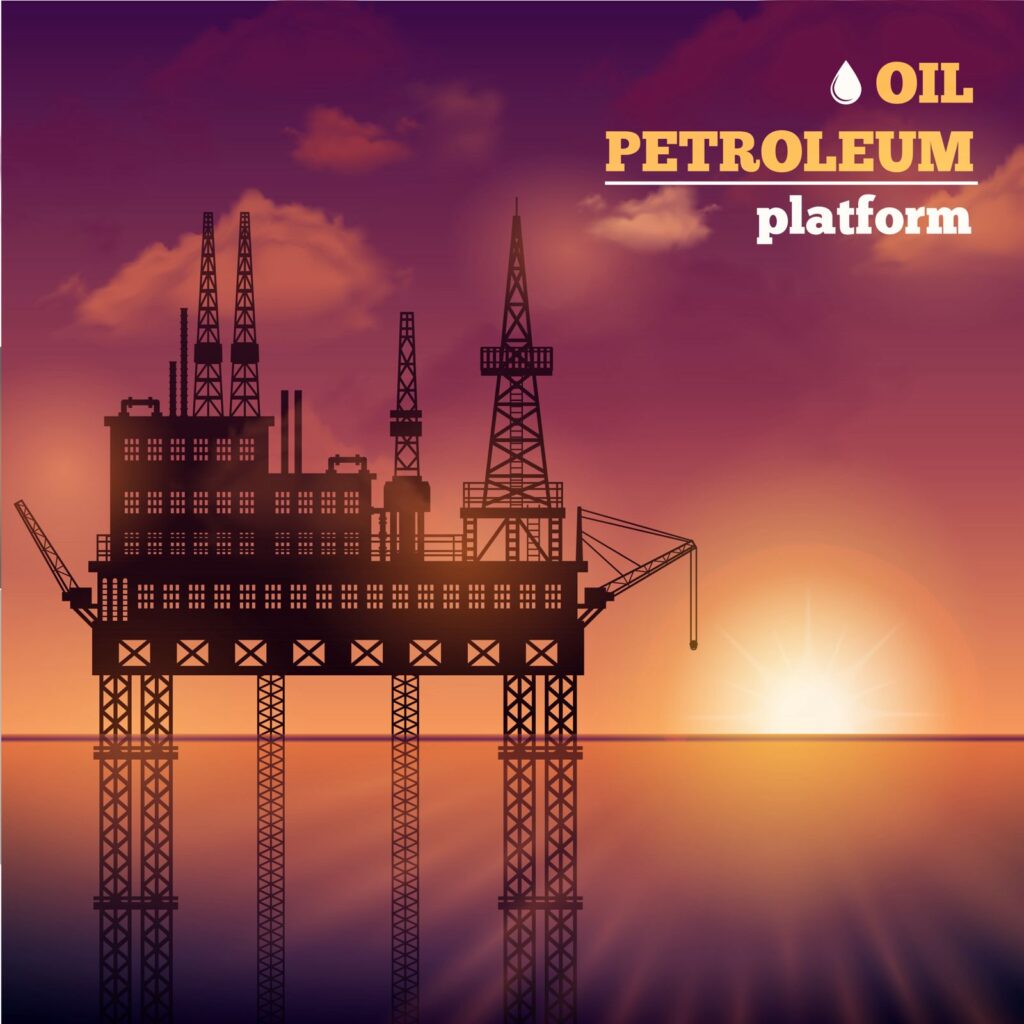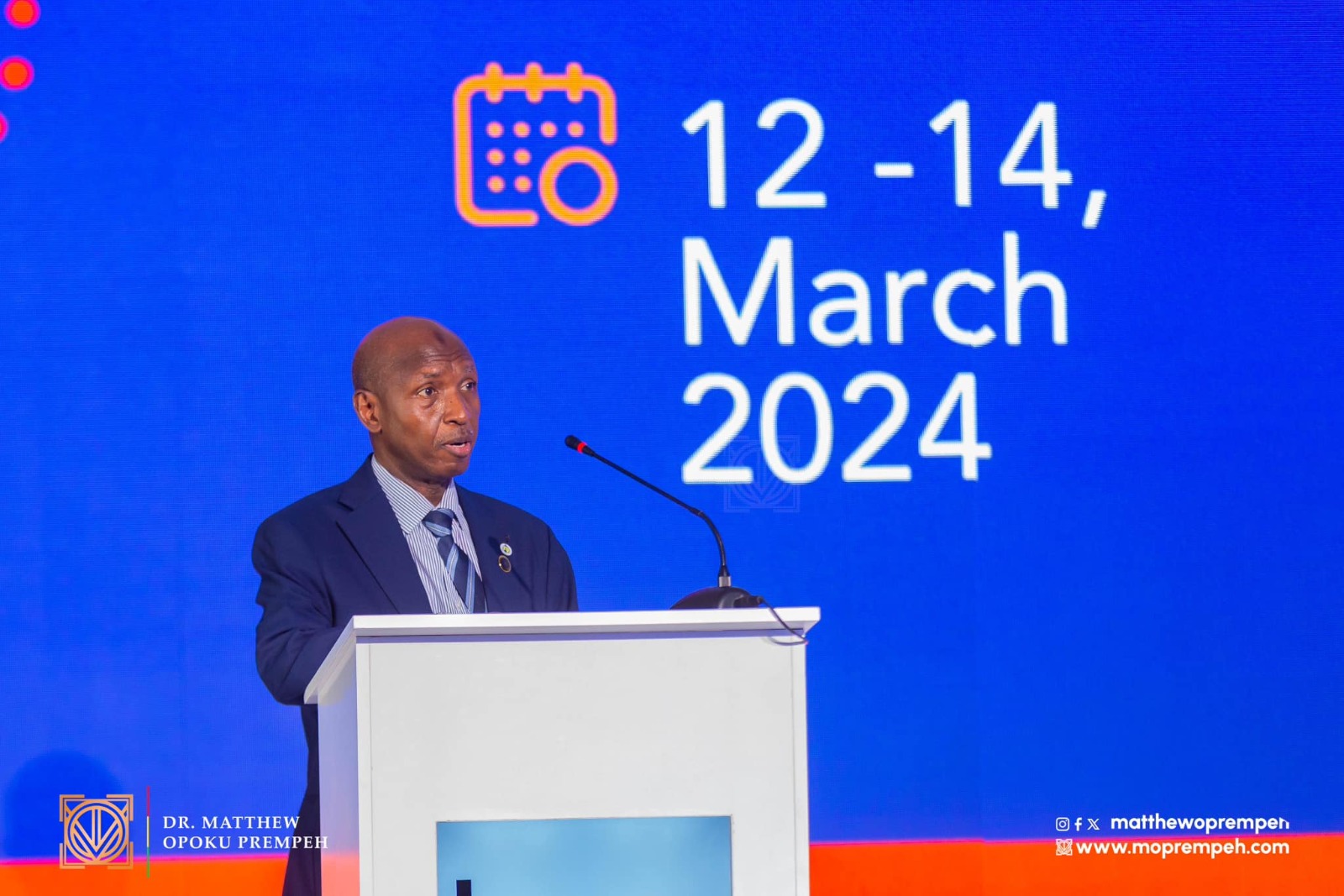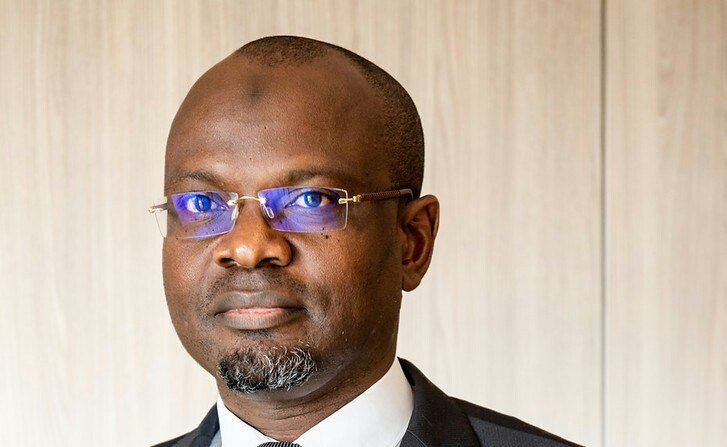Oil was at the origin of the birth of the industrial economies of the 19th century. Although it is now in competition with other energy sources, it is not ready to leave the scene, as the agendas related to the Energy Transition are constantly being postponed. So where does this oil come from?

The Middle East in pole position
The estimate of oil reserves corresponds to the quantity that can be economically exploited at a given time. And when we talk about the countries with the largest oil reserves, we naturally think of the Middle East. With a reserve of 267 230 million barrels in 2023, Saudi Arabia is indeed the country with the second largest reserves in the world. However, the country with the largest reserve is Venezuela with 303 008 million barrels. In the top 5 are three other Middle Eastern countries, Iran 3th, Iraq 4th and United Arab Emirates 5th with 208 600, 145 019 and 113 000 million barrels of crude oil reserves respectively. Two African countries, Libya (7th position) and Nigeria (9th position) are in the top 10. More generally, half of the countries in the top 10 are located in the Middle East. The ranking of the top ten countries with the largest oil reserves is as follows according to OPEC Annual Statistical Bulletin 2024:
Venezuela = 303 008
Saudi Arabia = 267 230
Iran = 208 600
Iraq = 145 019
United Arab Emirates = 113 000
Kuwait = 101 500
Libya = 48 363
United States of America = 47 730
Nigeria = 37 500
Kazakhstan = 30 000
OPEC, the master of the game
Of the top 10 countries with the largest oil reserves in the world, the first seven are members of the Organization of the Petroleum Exporting Countries (OPEC) as are more generally 8 of the top 10 countries. These are Venezuela, Saudi Arabia, Iran, Iraq, United Arab Emirates, Kuwait, Libya and Nigeria. The latter countries, Libya and Nigeria are also among the eighteen African member countries of the Organization of African Petroleum Producers (APPO) and Venezuela is also a member as an Honorary Member. More generally, the 12 OPEC Member Countries, including six APPO countries (Algeria, Congo, Equatorial Guinea, Gabon, Libya and Nigeria), alone account for more than 70% of the world’s proven oil reserves.




